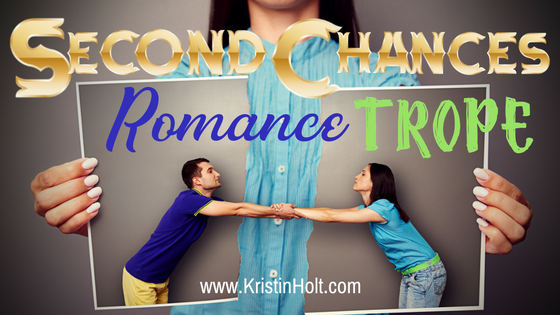
by Kristin Holt | Jan 19, 2017 | Articles
As you may have guessed by my recent release’s title, Pleasance’s First Love, the story is a Second Chances trope. Come on in and sit a spell while I share a bit about this trope, what it is, and why it’s a favorite among romance readers. First love, second chances. Some romances aren’t meant to be….others will always deserve another chance.
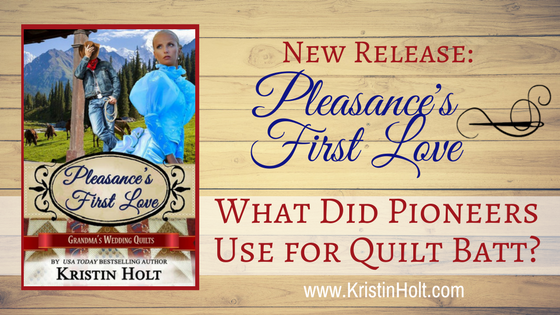
by Kristin Holt | Jan 13, 2017 | Articles
Quilt-making was an important part of “women’s work” in the 19th century (as well as before and after). My ancestors’ journals tell of a ransom demanded for the return of their little boy, kidnapped by the Black Hawk Indians in central Utah–including five quilts. The family got by with husk-filled bedding until Mother could gather enough wool from the barbed-wire fences to make batting for another quilt. She wasn’t alone in this frugal (and apparently necessary) practice.
TODAY is Release Day! PLEASANCE’S FIRST LOVE is here! It’s #6 in the acclaimed Grandma’s Wedding Quilts Series.
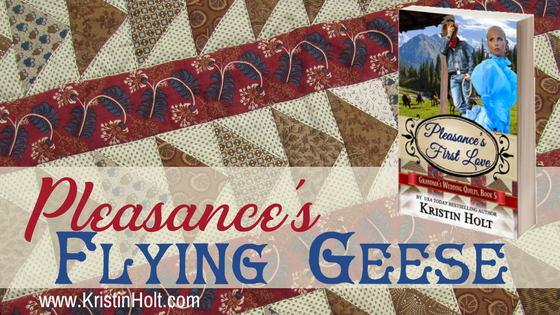
by Kristin Holt | Jan 11, 2017 | Articles
As each book in Grandma’s Wedding Quilts series has its own quilt pattern, I share some historic tidbits about the meaning behind the Flying Geese quilt blocks. Pleasance’s quilt, Flying Geese, to her 10-year-old mind wasn’t fancy enough, but by the time she marries and better understands the value of Grandma Mary’s gift to her, the significance of this quilt pattern (and her grandmother’s work) means a good deal to her. I share quotes from the book, beginning and end, with Pleasance’s attitudes about her very plain quilt pattern.
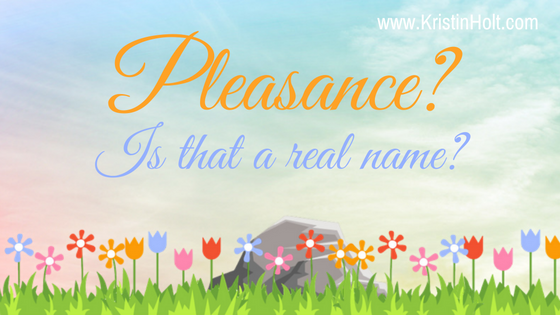
by Kristin Holt | Jan 9, 2017 | Articles
Pleasance. That’s an unusual name for a heroine… even for a story set in 1879. Where did it come from? Did you make it up?
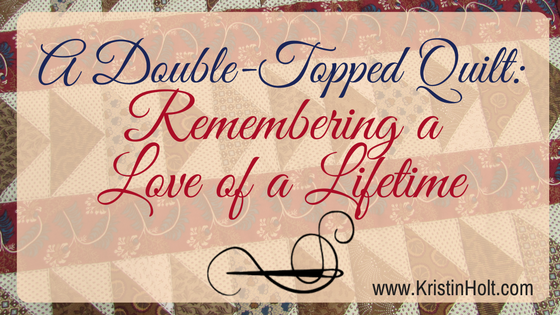
by Kristin Holt | Jan 1, 2017 | Articles
GRANDMA’S WEDDING QUILTS Series debuts today with the release of THE PREQUEL, a short introduction title by Kate Cambridge. My contribution to this 12-volume series (including the prequel) is Pleasance’s First Love. In this article, I share the gem of an idea, true-to-history, that came from researching quilts in Colorado in the 19th century. Who knew a quilt could have two “tops”?













